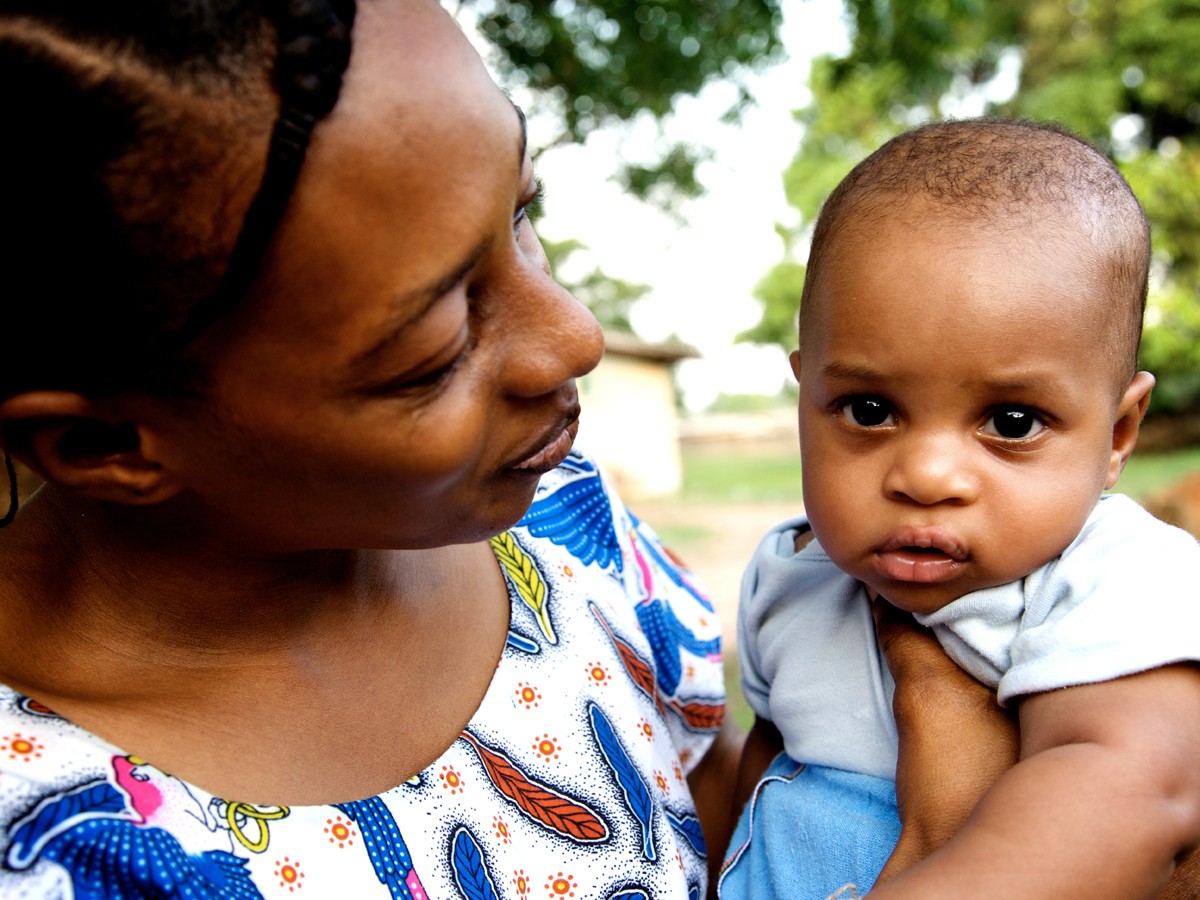Dougherty G, Panya M, Madevu-Matson C, Anyalechi GE, Clarke K, Fayorsey R, Kamonga M, Kimambo S, Lutkam D, Mugisha V, Mtiro H, Msuke S, Ramadhani A, Sipemba J, Urasa P, Rabkin M.
J Assoc Nurses AIDS Care. 2019 Feb 18. doi: 10.1097/JNC.0000000000000066. [Epub ahead of print] No abstract available.
EXCERPT:
Since 2007, Tanzania’s National AIDS Control Program (NACP) has recommended provider-initiated HIV testing and counseling (PITC) services for all children attending health facilities. National guidelines recommend rapid antibody testing using Determine HIV 1/2 and Unigold HIV1/2 for children ages 18 months and older and early infant virologic diagnostic HIV testing through DNA polymerase chain reaction analysis for children younger than 18 months. National PITC training, guidelines, and strategies have been developed, and national targets aim for 80% of attendees at any service delivery point in the health facility to receive PITC (United Republic of Tanzania Ministry of Health and Social Welfare, 2012).
However, HIV testing coverage in children attending health facilities frequently falls well below this target. On-site quality assessments and supportive supervision activities conducted by ICAP at Columbia University (ICAP) and other implementing partners revealed health system barriers such as staff workload, test kit stockouts, provider role confusion, unclear workflow processes, process breakdowns, and system failures.
The purpose of our project was to build QI capacity and improve pediatric PITC coverage by designing and supporting a QI Collaborative (QIC) to catalyze swift improvement in PITC performance for pediatric inpatients.









